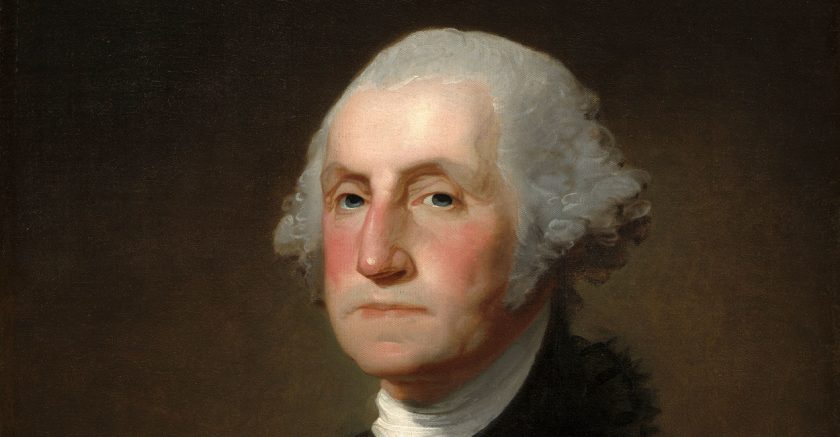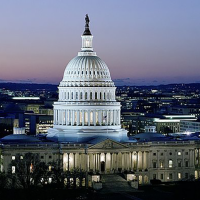Sept. 19 is the 222nd anniversary of the publication of President George Washington’s Farewell Address. Appearing in newspapers nationwide, it announced Washington’s intention to retire from public life after his second term.
For most of American history, the Farewell Address was required reading in grade schools across the nation and was continually invoked in the public discourse.
Yet in recent decades, the address has faded into obscurity. That’s a shame, as it is a treasure trove of wisdom from the man who did the most to create our country—who knew, as well as anyone else, what it took to create a modern, large-scale republic.
After all, it was Washington who led the nation through the War of Independence, oversaw the drafting of the Constitution, and served as its first president. Washington addressed the document specifically to the American people—not just to policymakers—and recommended that they give his advice their “frequent review.”
The Farewell Address is mostly known for its warnings against political parties and entangling alliances during the nation’s youth. Certainly, Washington made those points, and offered practical advice on a wide array of other subjects. They include making permanent the powers of the federal government, obeying the Constitution, being sensible in public spending, accepting the necessity of taxes, and cultivating peace with other nations insofar as this was possible.
Wise though these recommendations may be, they underscore deeper philosophical arguments. To reduce the document to mere policy prescriptions misses the point. Besides, not all of them were meant to last forever.
Washington published his address when the United States was an infant nation, surrounded by European superpowers. His recommendations were intended “to gain time to our country … to progress … to that degree of strength … to give it … command of its own fortunes.”
Although Washington advised cultivating peace for a time, he envisioned an America that one day could “choose peace or war, as our interest, guided by justice, shall counsel.” America would have greater freedom in due time. Policies would change as circumstances change.
Read the full story from The Daily Signal
Want more BFT? Leave us a voicemail on our page or follow us on Twitter @BFT_Podcast and Facebook @BluntForceTruthPodcast. We want to hear from you! There’s no better place to get the #BluntForceTruth.







